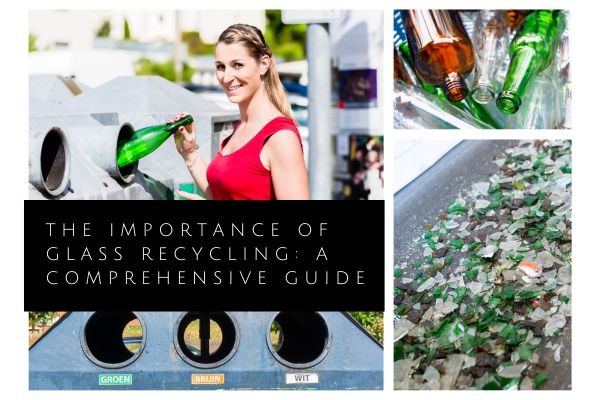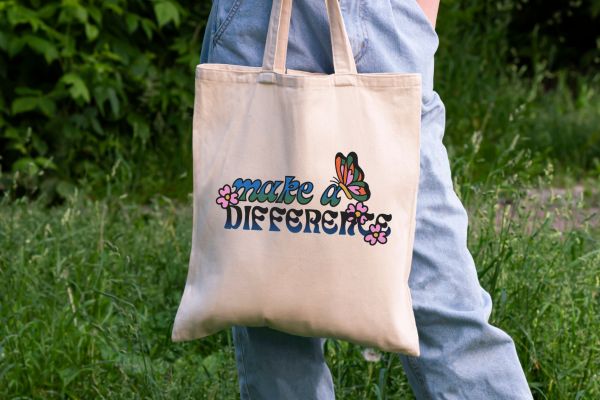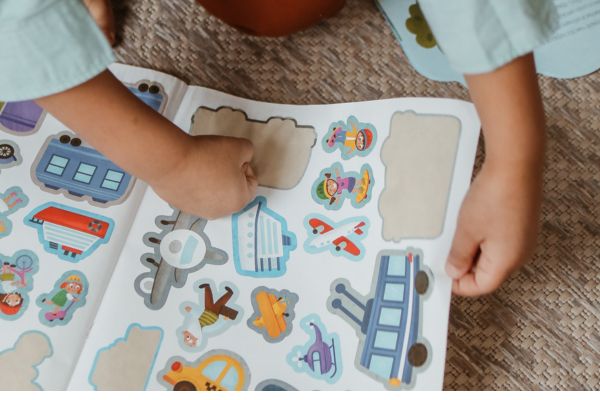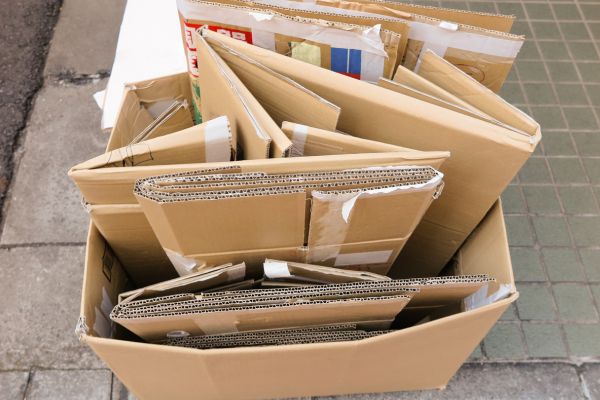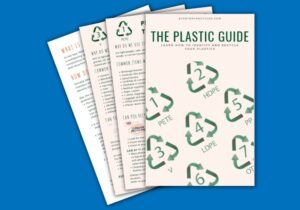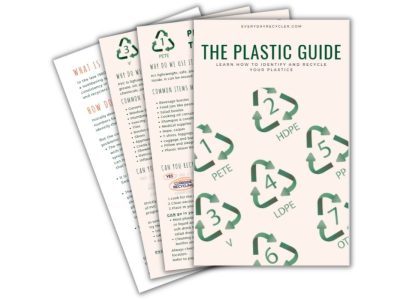How to Recycle
Recycling plays a pivotal role in fostering environmental sustainability and mitigating the adverse effects of excessive waste generation. By learning how to recycle, you can help conserve natural resources, reduce energy consumption, and minimize pollution.
When materials like paper, glass, plastic, and metals are recycled instead of being disposed of in landfills, it significantly decreases the demand for raw materials. This, in turn, helps to preserve forests, reduce the need for mining, and curtail the exploitation of finite resources, leading to a more balanced and sustainable ecosystem.
The process of recycling also aids in energy conservation, as it generally requires less energy to manufacture products from recycled materials compared to extracting and processing virgin resources. For example, recycling aluminum consumes significantly less energy than mining and refining new aluminum.
Learning how to recycle instills a sense of responsibility and environmental stewardship and promotes awareness about the impact of personal choices on the environment, encouraging a more conscious and low-waste lifestyle.



